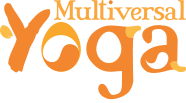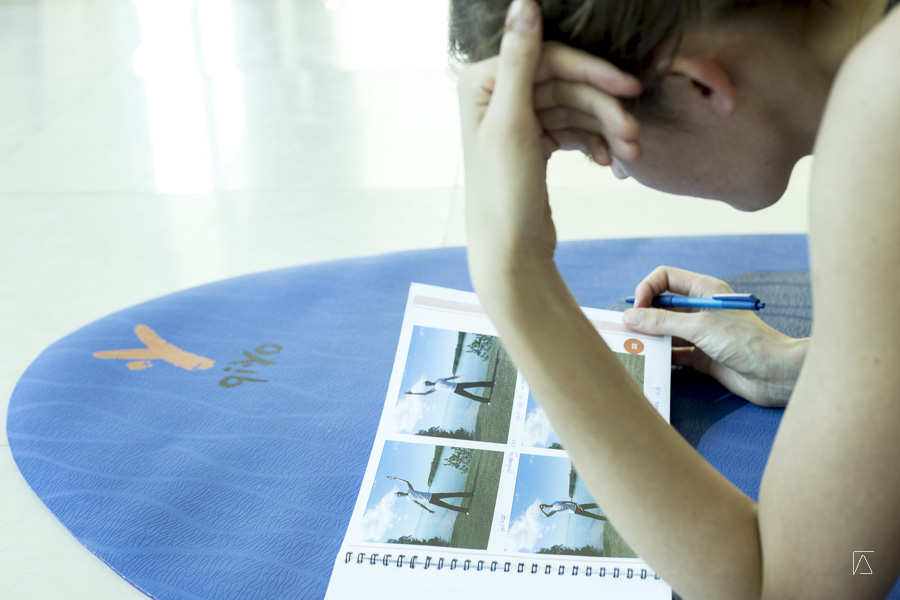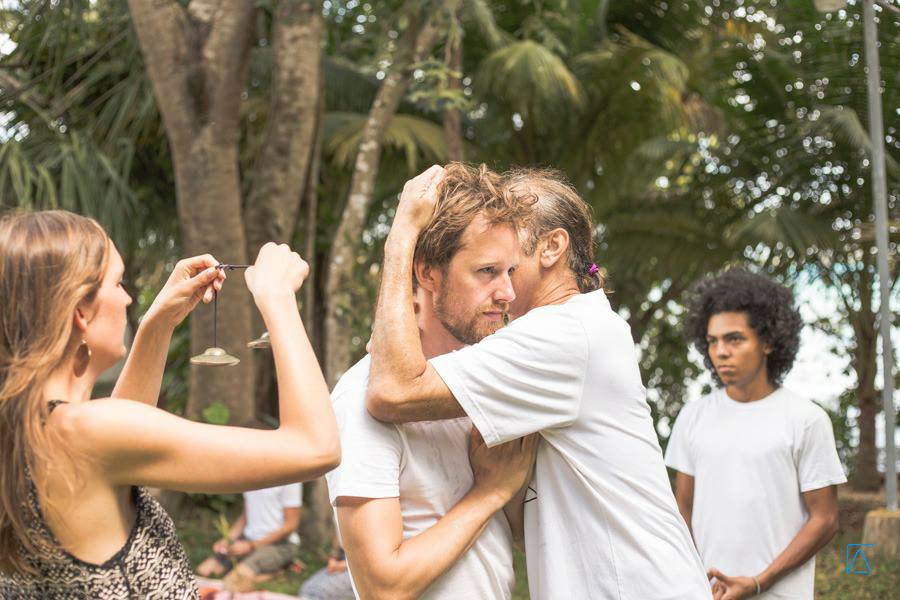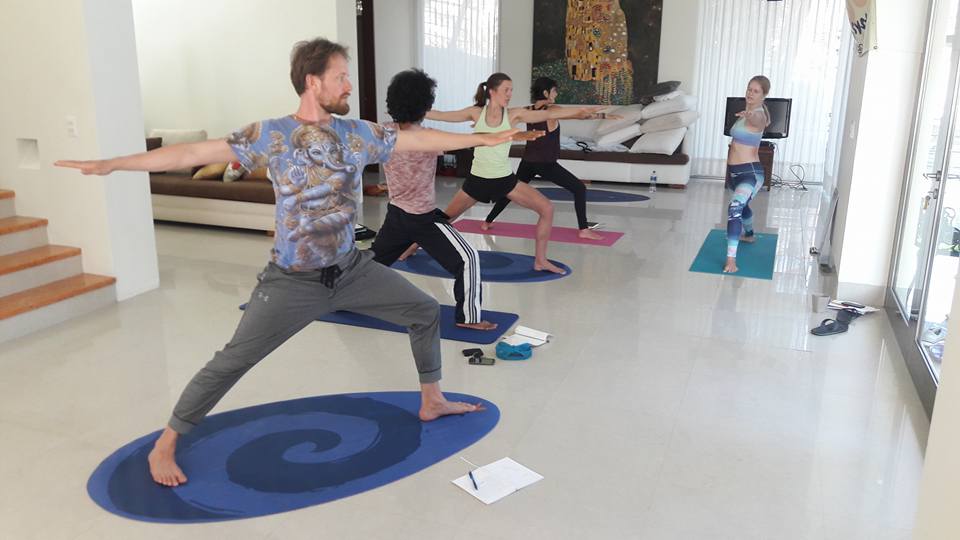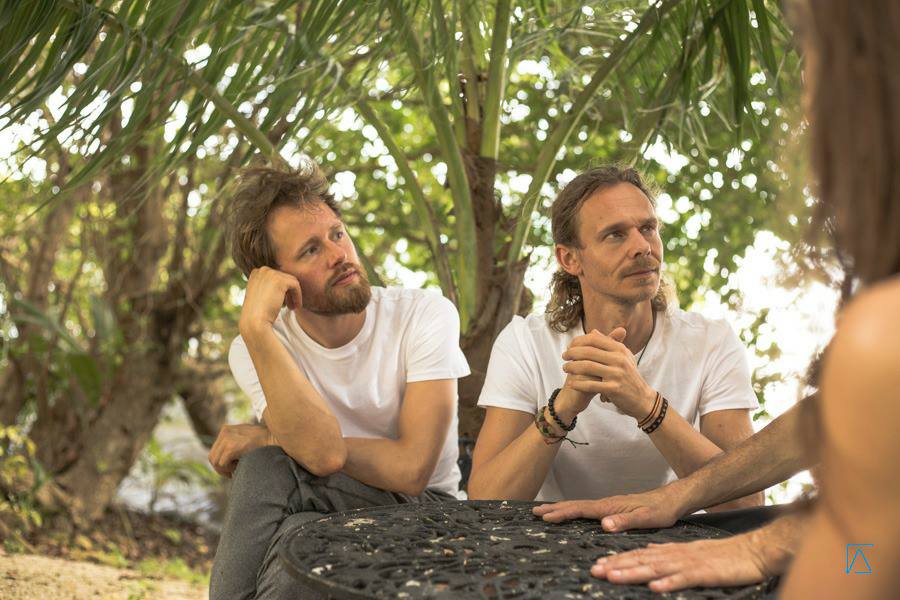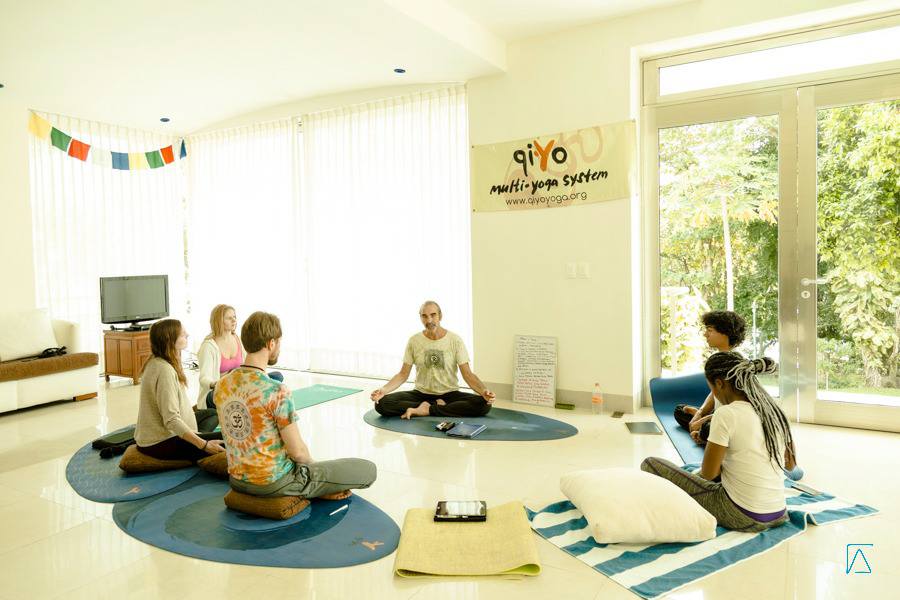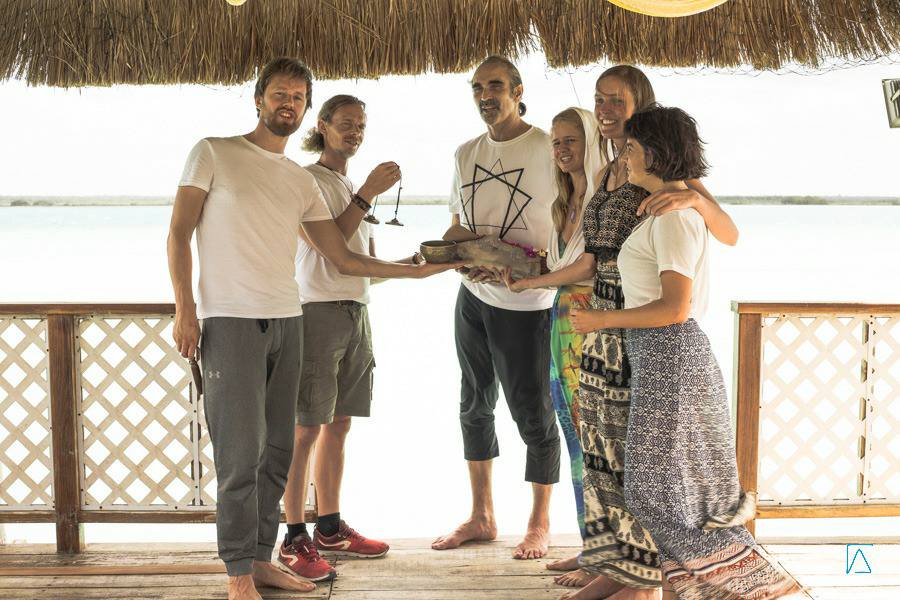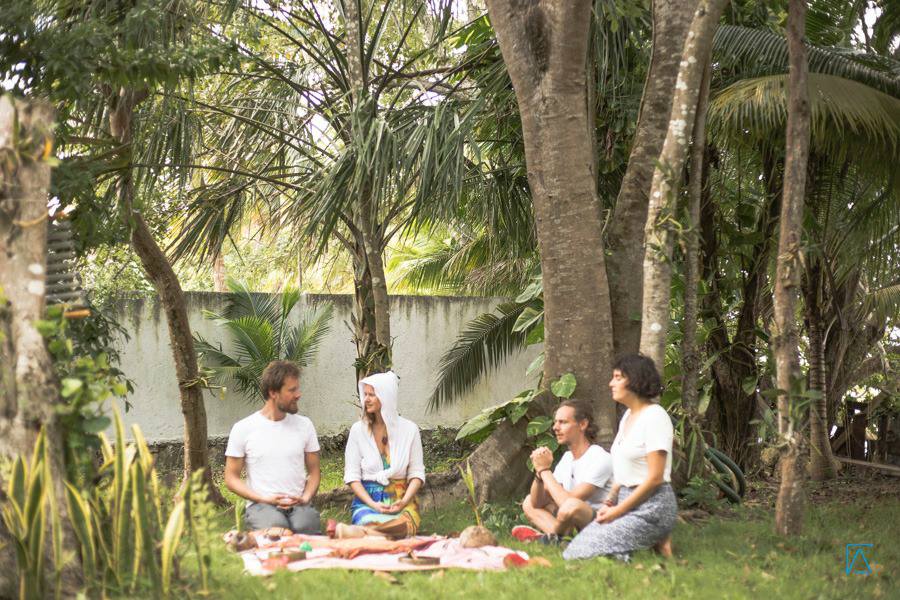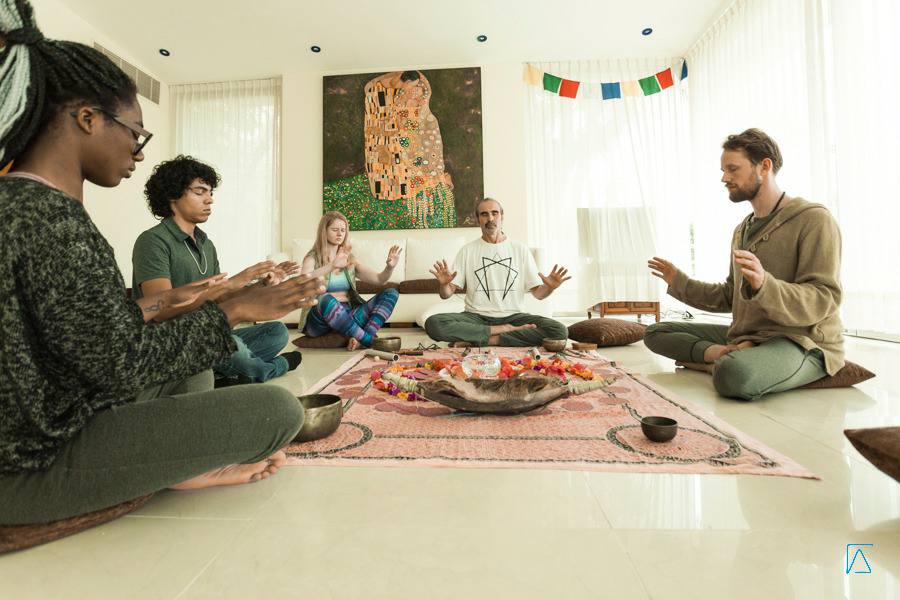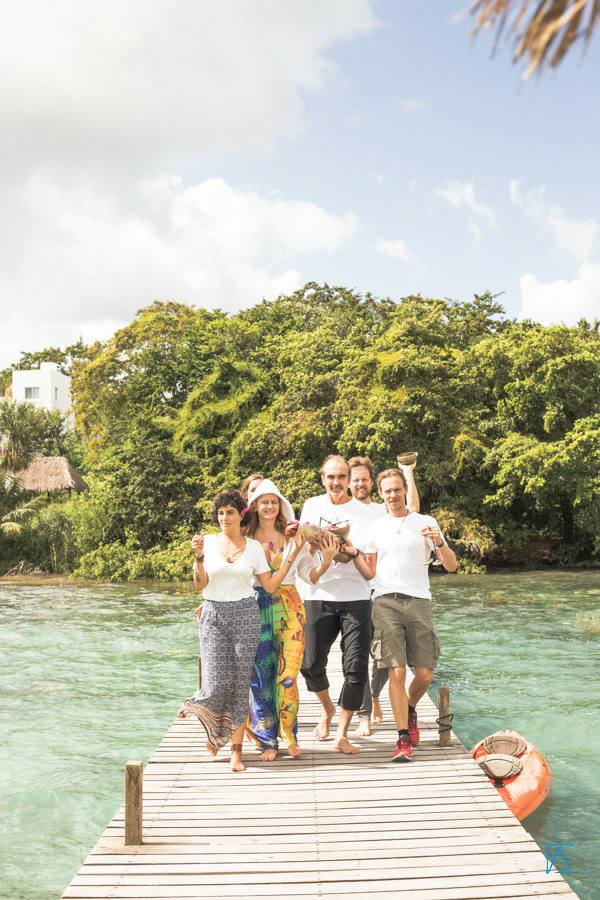Qi-Yo Multi-Yoga immerses participants in various Eastern yoga and Western esoteric traditions, putting contemporary spirituality in the context of our evolving world. We offer an overview of ancient wisdom traditions and practices, and trace their impact into spiritual science today. Along with the yoga basics, students are afforded the rare chance to learn authentic Vedic and Chinese forms of yoga and martial arts, as well as indigenous Indonesian shamanic practices. Students will leaf through the library of human knowledge and harvest the physical, mental, emotional, and spiritual benefits of a truly integrated practice.
Our mission is to provide yoga teachers with a solid practical, theoretical, and spiritual foundation on which to build their teaching method and hone their unique voice as teachers and empaths.
Classes are led by Master Agung Sangha and other certified teachers of Qi-Yo. All classes are taught in English, but are also available in Russian, German, Bulgarian, Serbo-Croatian, Italian, Spanish, Chinese (Cantonese & Mandarin), Japanese, Hindi, Tamil, Hebrew, and Korean.
QI-YO MULTI-YOGA TEACHER TRAINING: 200-HOUR 1-MONTH INTENSIVE PROGRAM
INSTRUCTIONAL CATEGORIES
I. Qi Gong and the Chinese and Indonesian Traditions of Yoga
Philosophy, techniques and practice of Qi-Gong in China
Balinese traditions, shamanic rituals and tribal customs in the Indonesian Qi Gong heritage
Techniques for psycho-physical defense
Cultivating chi energy
Drawing parallels between Qi Gong and Vedanta
II. Ancient Indian Yoga and the Vedas
The yogic tradition and the 8 Limb approach to realization
Yoga types: hatha, raja, jnana, vidya, bhakti, kriya, laya, nada, marga, kundalini, etc.
III. Contemporary Yoga Styles &
IV. Practical Training
Asanas
Pranayama
Chanting
Kriyas
Meditation
Mantras
Other techniques.
V. Practical Training in the Qi-Yo Multi-Yoga System
The Qi Gong and asana sequence
Qi-Yo mantras
Qi-Yo healing and energy defense techniques
Vibrational therapy.
VI. Universal Vibrational Healing
Learning to work with Tibetan Singing Bowls and other instruments
VII. Teaching Methodologies
Pedagogical principles
Designing group and private classes
Observation, assisting, correcting/adjusting, and instruction
The qualities of a teacher
The student’s learning process
The business aspects of teaching yoga.
VIII. Anatomy and Physiology
The study and application of human anatomy and physiology in yoga practice.
IX. World Esoteric Heritage
Introduction to Theosophy
Western esoteric traditions.
X. Yoga, Health, and Nutrition
Introduction to the Yogic diet
Ayurveda.
XI. Healing
Indonesian Therapy
Chinese Therapy
Hindu Therapy.
XII. Cities of the Future
Integral Yoga, Sri Aurobindo, and the Mother
The mission of Auroville.
